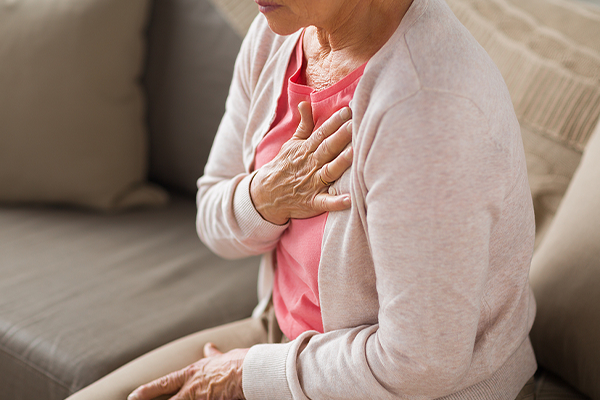Minutes Matter When It Comes to Your Heart
If you’ve ever been sick and ignored your symptoms hoping you’d simply feel better, you aren’t alone. While that may work with minor health concerns like allergies, when it comes to your heart, delaying care can have dangerous consequences.
That’s why it’s important to be able to recognize heart attack and cardiac arrest symptoms in yourself or in others. When they occur, emergency medical attention is needed—so don’t delay.
Why Emergency Care Is Needed
Why is it so important to receive prompt care if you are exhibiting symptoms that may be heart-related?
It’s because every minute matters when it comes to your heart. The National Institutes of Health reports that of those who die from heart attacks, around half will die within an hour of their first symptoms.
Delaying care can be dangerous and even deadly. Seeking immediate medical attention when exhibiting symptoms that may be related to the heart can allow medical professionals to provide interventional treatment options that can stop damage in its tracks.
Symptoms to Watch For
You’ll note that we’ve talked about both heart attacks and cardiac arrests. While you hear a lot about heart attacks, cardiac arrests are also a heart health emergency.
The two names are often mentioned as being one and the same, but they are different. A heart attack occurs when blood flow to the heart is blocked, while cardiac arrest occurs when the heart stops beating.
It’s important to recognize the symptoms related to both. A heart attack is likely to cause:
- Chest discomfort
- Extreme fatigue
- Lightheadedness or weakness
- Nausea and vomiting
- Pain in the jaw, neck or back
- Pain in one or both arms, or shoulders
- Shortness of breath
Many of these symptoms also occur before sudden cardiac arrest. But other symptoms may indicate that a cardiac arrest has occurred:
- Cessation of breathing
- Collapse
- Lack of pulse
- Loss of consciousness
Because symptoms of heart attack or preliminary cardiac arrest overlap with other minor medical conditions, you may be tempted to disregard them. But it’s far better to be safe than sorry—seek immediate medical attention if you’re experiencing any heart-related symptoms.





